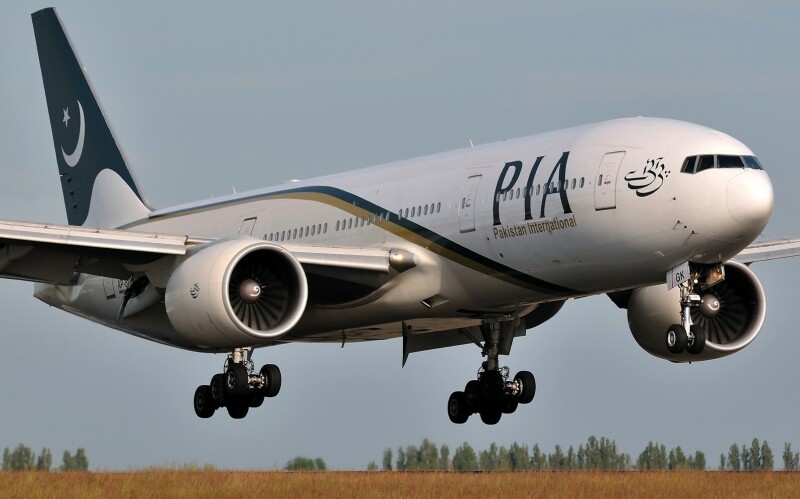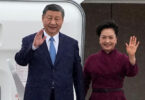Caretaker Minister for Privatization has recently told the media that the Privatization Commission was fully prepared to privatize national flag carrier, Pakistan International Airlines (PIA), and all legal and administrative formalities have been fulfilled. According to him, the Commission has taken on board the representatives from the Civil Aviation Authority (CAA), and the ministries of education, law, and finance Division to ensure transparency and fulfil constitutional obligations during the process. The caretaker leader ensured that no employee of the PIA was unjustly deprived of his legitimate rights.
The privatization of Pakistan International Airlines (PIA) is a long-held need of the country, and a debate on the subject has always remained high in the lawmakers, scholarly circles and the media throughout the past decades after the national flag career persistently faced operational losses and became dependent on government funding to carry out its routine operations and debt payment. Although, selling out the hard-earned assets and auction of the state entities is not an easy decision for any government, political leadership as well as the public. However, sometimes difficult decisions and surgery of cancerous parts become unavoidable to escape the system collapse and protect the whole body from deterioration and decay.Founded in 1955, the PIA enjoyed three decades of glory and prestige up to the 80s. After the revival of democracy in the early 90s, the National Flag Carrier started witnessing institutional depletion due to political appointments and unnecessary gross induction of staff at the levels, politically motivated route allocation, flight plans and idle running of aeroplanes caused massive fiscal losses to the organization.
According to the reports, there were over 500 employees per aircraft in the PIA while the aeroplane versus staff ratio in Qatar Airways was 1/133, Turkish Airlines 1/94, Emirates Airline 1/231 and Etihad employed 1/211 people, who maintained and operated a single aeroplane during this time. Meanwhile, Aviation Policy issues, Associations and Unions pressure, a lack of discipline and accountability, along with ill-equipped and demotivated workforce were other problems that acted as multiplying forces in the collapse of a highly prestigious and renowned airline of its time.Over the past three decades, the successive governments in the country have made concerted efforts and used multiple strategies including the appointment of military bureaucrats, seasoned aviators and renowned business experts along with funnelling huge amounts of hard-earned taxpayers’ money on frequent intervals into the PIA but no recipe could ever be succeeded in making the airline sustainably stands at its feet and operates it’s own in absence of funding from the government.
There are several pros and cons associated with the privatization of any public entity in terms of government control, financial aspects, foreign investment and efficient public service delivery vis-a-vis potential joblessness, employees’ rights, lack of government control and public welfare. However, the PIA has now shaped into an unbearable financial burden that causes persistent fiscal losses and seriously undermines the economic stability of the country and the decision to the effect was taken by the then government to prevent further deterioration of the national economy.
At this moment, the caretaker government must undertake all necessary precautions including regulatory, consultative and constitutional effects to avoid any political, legal or financial backlash at a later stage. Whilst, optimum efforts must be made to balance economic gains with government needs and social responsibility to align the privatization of PIA with Pakistan’s national interest to the maximum level. So, this endeavour proves to be a sane and blessing idea for the country and its people in the future.







